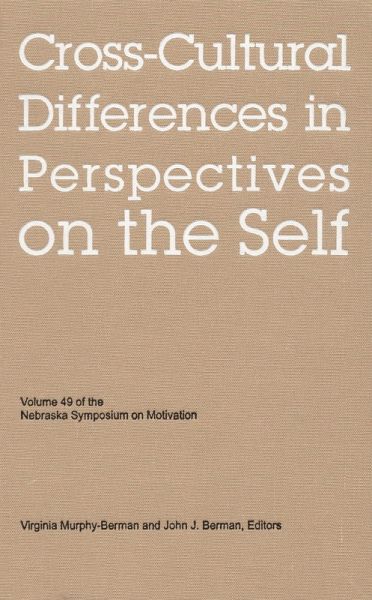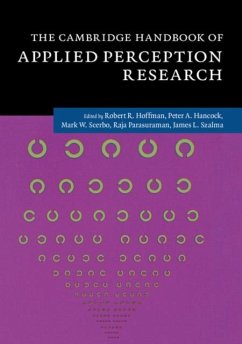
Nebraska Symposium on Motivation, 2002, Volume 49 (eBook, PDF)
Cross-Cultural Differences in Perspectives on the Self
Redaktion: Murphy-Berman, Virginia; Berman, John J.
Versandkostenfrei!
Sofort per Download lieferbar
38,95 €
inkl. MwSt.
Weitere Ausgaben:

PAYBACK Punkte
19 °P sammeln!
Cross-Cultural Difference in Perspectives on the Self features the latest research in a dynamic area of inquiry and practice. Considered in these pages are cross-cultural differences in the idea of the person and in models of balancing obligations to the self, family, and community. Revisiting and questioning the concepts of self and self-worth, the authors investigate the extent to which factors traditionally associated with psychological effectiveness (intrinsic motivation; assuming personal responsibility for one's actions; and feeling in control, unique, hopeful, and optimistic) are cultur...
Cross-Cultural Difference in Perspectives on the Self features the latest research in a dynamic area of inquiry and practice. Considered in these pages are cross-cultural differences in the idea of the person and in models of balancing obligations to the self, family, and community. Revisiting and questioning the concepts of self and self-worth, the authors investigate the extent to which factors traditionally associated with psychological effectiveness (intrinsic motivation; assuming personal responsibility for one's actions; and feeling in control, unique, hopeful, and optimistic) are culturally bound. Hazel Markus and Shinobu Kitayama consider cultural differences in models of psychological agency; Joan Miller critiques the meaning of the term agency, analyzing the extent to which many popular theories in psychology rest on rather narrow Western models of behavior and effective functioning; Steven Heine calls into question the presumed universality of some forms of cognitive processing; Sheena Iyengar and Sanford DeVoe apply a cross-cultural perspective to better understand intrinsic and extrinsic motivation and the value of choice; Kuo-shu Yang questions the universality of the pervasive and popular "e;theory of self-actualization"e; formulated by Abraham Maslow; and finally, Ype Poortinga reexamines not only the cultural boundaries of theory but also the very meaning of the concept of culture itself.
Dieser Download kann aus rechtlichen Gründen nur mit Rechnungsadresse in A, B, BG, CY, CZ, D, DK, EW, E, FIN, F, GR, HR, H, IRL, I, LT, L, LR, M, NL, PL, P, R, S, SLO, SK ausgeliefert werden.













